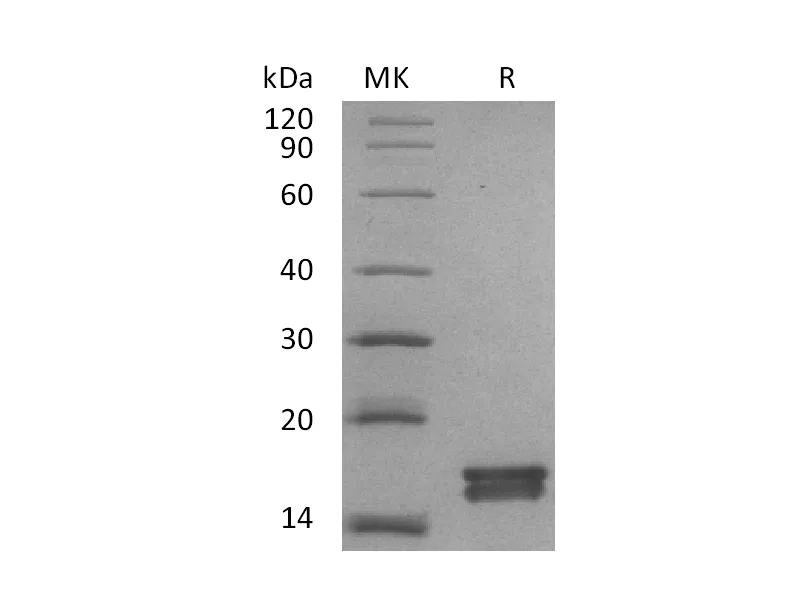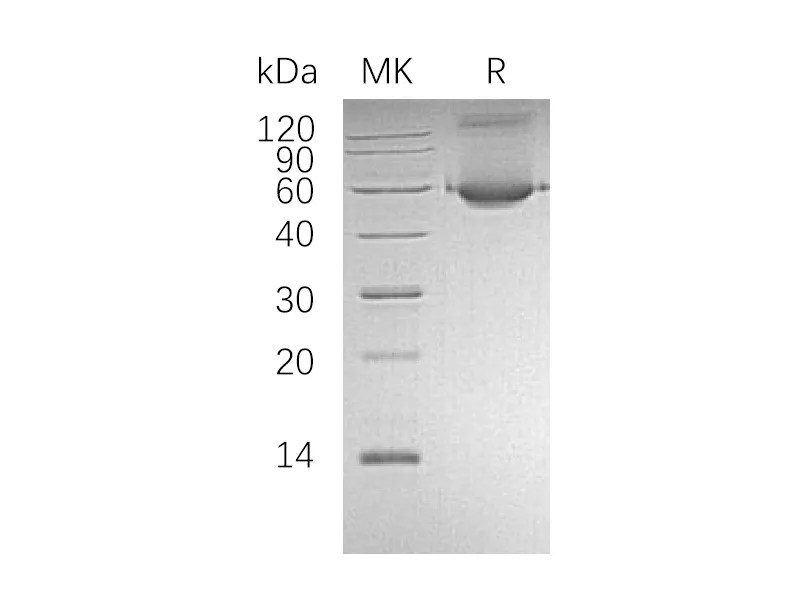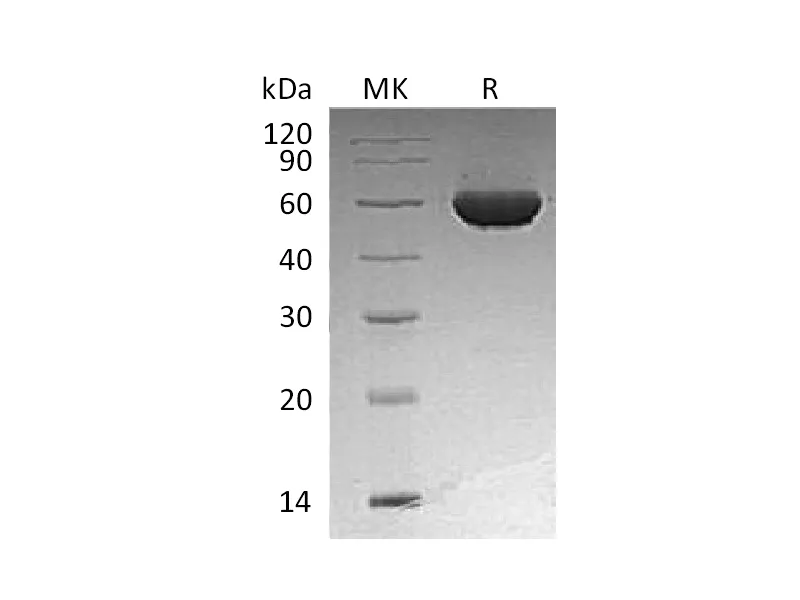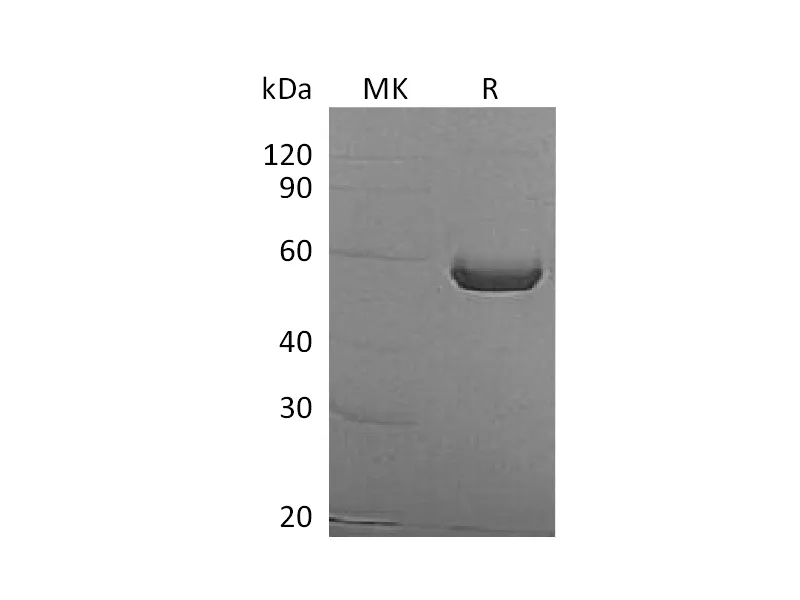Alternative Names
Lymphocyte activation gene 3 protein;CD223;Lag3
Background
Lymphocyte-activation gene 3 (LAG3), also known as CD223, is a type I transmembrane protein with four extracellular Ig-like domains, designated D1 to D4 and belongs to the immunoglobulin superfamily. The gene for LAG3 lies adjacent to the gene for CD4 on human chromosome 12p13.32 and shares approximately 20% identical to the CD4 gene. LAG3 is expressed on activated T cells, natural killer cells, B cells and plasmacytoid dendritic cells. LAG3 binds with high affinity to MHC class II molecules, and it interferes competitively with the binding of CD4 to MHC class II and thereby blocks the transduction of stimulatory signals mediated by this interaction. LAG3 negatively regulates cellular proliferation, activation, and homeostasis of T cells, and plays an important role in Treg suppressive function. LAG3 is the target of various drug development programs to develop new treatments for cancer and autoimmune disorders. The soluble form, sLAG-3, is being developed as a cancer drug.
Note
For Research Use Only , Not for Diagnostic Use.




